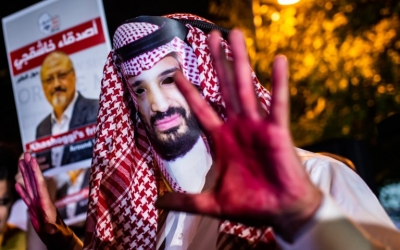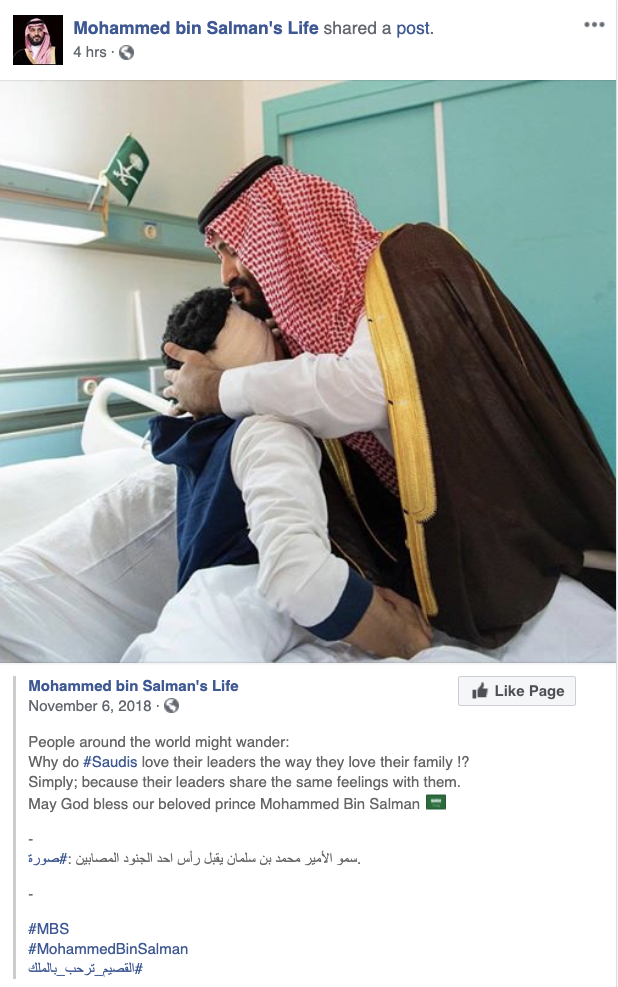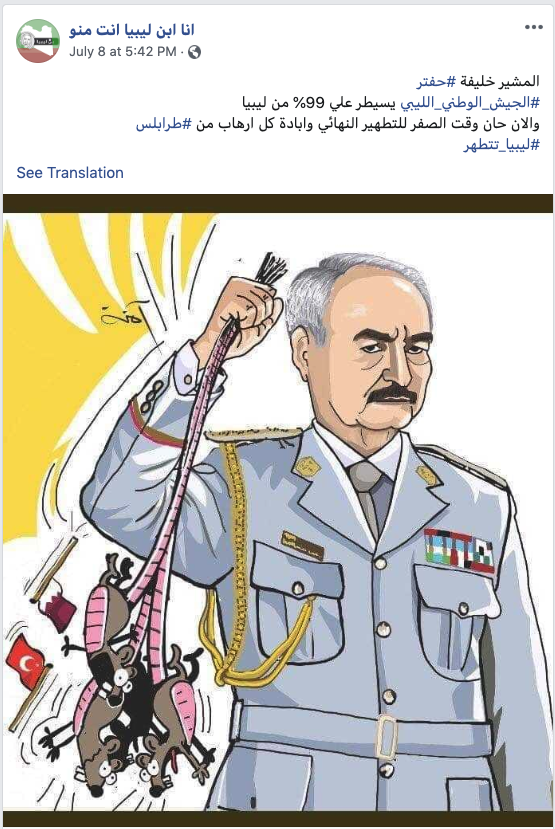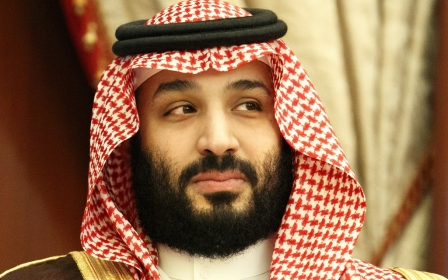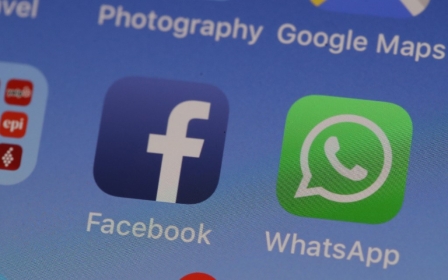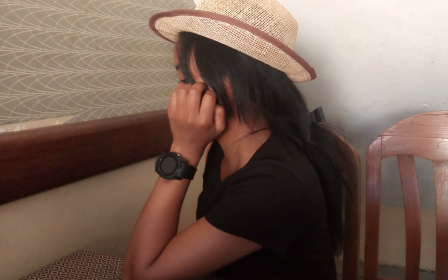Facebook dismantles Saudi-linked network of fake accounts
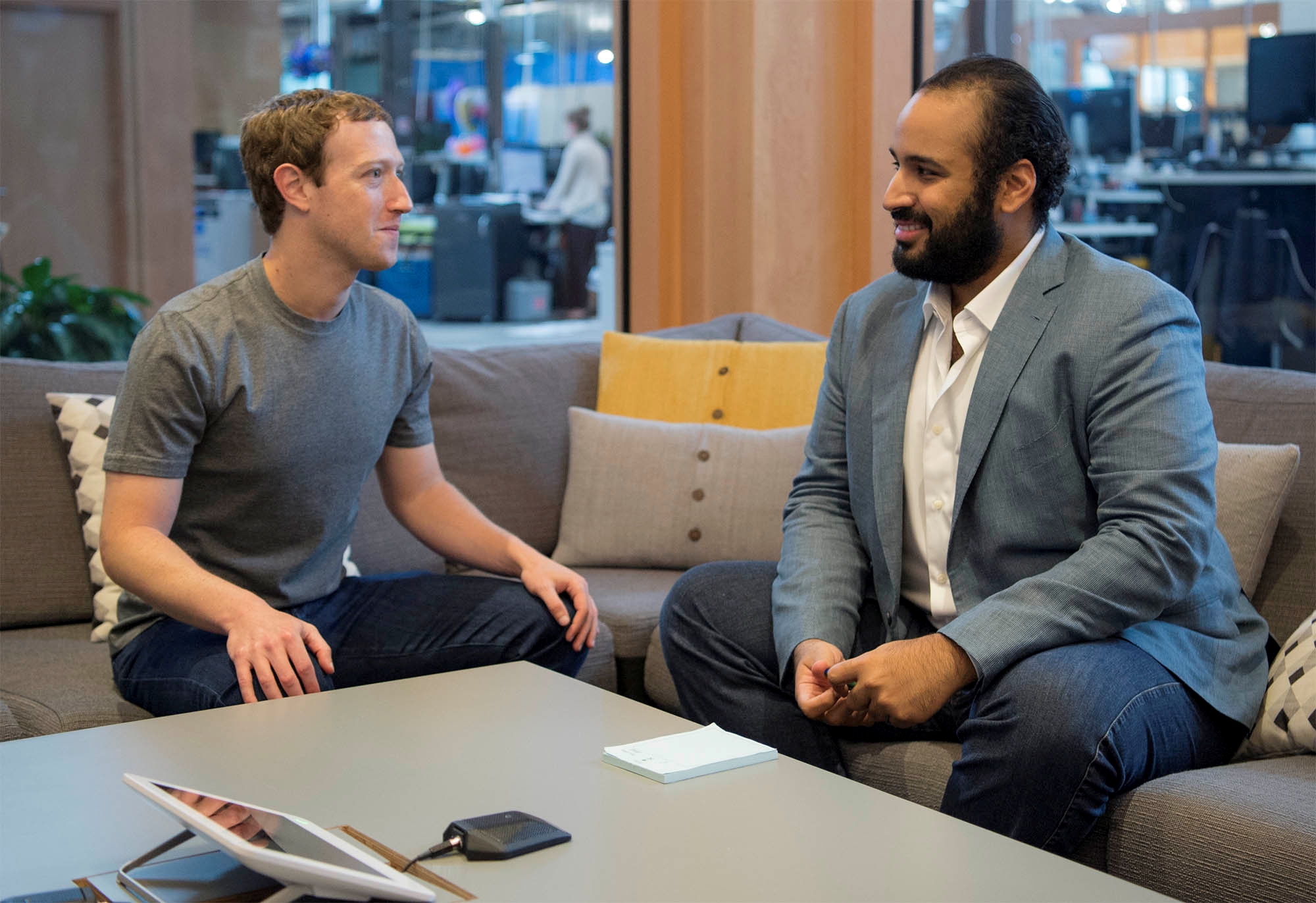
Facebook said on Thursday it had dismantled a network of fake accounts and pages linked to the Saudi government that promotes propaganda and targets Riyadh’s adversaries.
More than 350 accounts and pages with some 1.4 million followers had been taken down, the social media site said. It is the first time such action has been linked to the Saudi government.
Facebook has previously removed fake accounts linked to countries including Iran, Russia, Thailand, Ukraine and Honduras.
Under the direction of Saud al-Qahtani, a close aide to Crown Prince Mohammed bin Salman who has been heavily implicated in the murder of journalist Jamal Khashoggi, a network of pro-Saudi social media accounts known as “the flies” had been set up in recent years.
The accounts on platforms such as Facebook and Twitter seek to laud the crown prince and pour scorn on the kingdom’s adversaries and detractors.
Many target Qatar, a neighbouring emirate that Riyadh and its allies have placed under a blockade in an attempt to alter its policies. The accounts were also responsible for spreading disinformation following Khashoggi’s murder by a team of Saudi agents in Istanbul in October.
"For this operation, our investigators were able to confirm that the individuals behind this are associated with the government of Saudi Arabia," said Nathaniel Gleicher, Facebook's head of cybersecurity policy.
"Any time we have a link between an information operation and a government, that's significant and people should be aware."
'This shows how much social media has become a battleground, particularly in the Gulf'
- Ben Nimmo, analyst
The Saudi operation was pursued on both Facebook and photo-sharing platform Instagram, and primarily targeted countries in the Middle East, such as Qatar, Palestine and Saudi allies the UAE and Egypt.
Some accounts posed as those countries’ citizens, while others were designed to appear as local news outlets. Facebook said over $100,000 was spent on advertisements.
"They would typically post in Arabic about regional news and political issues. They would talk about things like Crown Prince Mohammed bin Salman - his internal and economic social reform plan, the successes of the Saudi armed forces, particularly during the conflict in Yemen," said Gleicher.
Facebook published several examples of some of the content it had removed. One showed a photo of MBS kissing the head of what the caption said was a wounded soldier.
A separate network of over 350 accounts linked to marketing companies in the United Arab Emirates and Egypt was also dismantled, Facebook said, though the social media giant did not link it to any government in particular.
That network was separate from the Saudi one, Facebook said, though it targeted similar countries. The accounts reportedly promoted the United Arab Emirates.
A recent post published by Facebook as an example of some of the content it had removed showed a cartoon of Khalifa Haftar, the UAE-backed commander of the Libyan National Army which is currently waging an offensive against the United Nations-backed Libyan government in Tripoli.
The cartoon shows Qatar and Turkey depicted as rats who Haftar is holding by the tail. The caption in Arabic reads: "Field Marshal Khalifa #Haftar #The_Libyan_National_Army controls 99% of Libya and now the time has come to finally cleanse and eliminate all terrorism from #Tripoli #Libya_Cleansed."
"This shows how much social media has become a battleground, particularly in the Gulf, where you've got very strong regional rivalries and you've got a long tradition of working through proxies," Ben Nimmo of the Atlantic Council's Digital Forensics Lab, which works with Facebook to analyse influence campaigns, told the Reuters news agency.
"This is almost becoming normalised," he added. "Where you get geopolitical tensions, you get stuff like this going on, and we're moving into a space where the platforms are dealing with this almost as routine."
On Thursday, the UK's Guardian newspaper revealed details of how a London lobbying firm with close links to the Conservative Party had set up fake accounts on behalf of clients who included the Saudi government.
The firm, CTF Partners, is run by Lynton Crosby, an election strategist who has managed a number of Conservative campaigns and is considered close to Boris Johnson, the UK's new prime minister.
CTF accused the Guardian of relying on "false or distorted facts and improperly leaked documents as part of a political agenda”.
Middle East Eye propose une couverture et une analyse indépendantes et incomparables du Moyen-Orient, de l’Afrique du Nord et d’autres régions du monde. Pour en savoir plus sur la reprise de ce contenu et les frais qui s’appliquent, veuillez remplir ce formulaire [en anglais]. Pour en savoir plus sur MEE, cliquez ici [en anglais].


